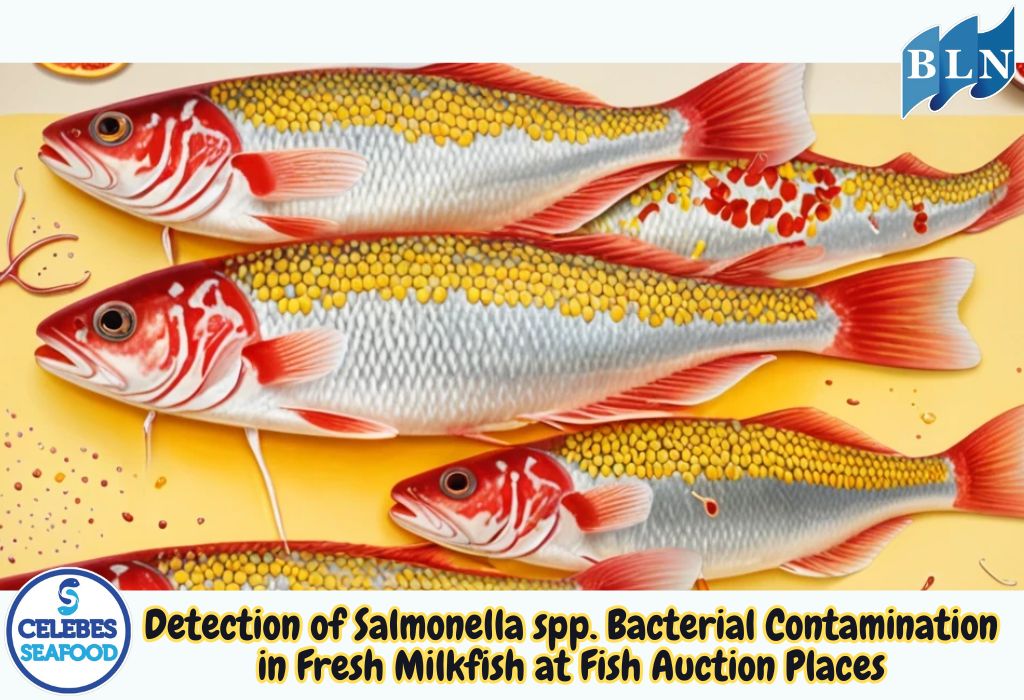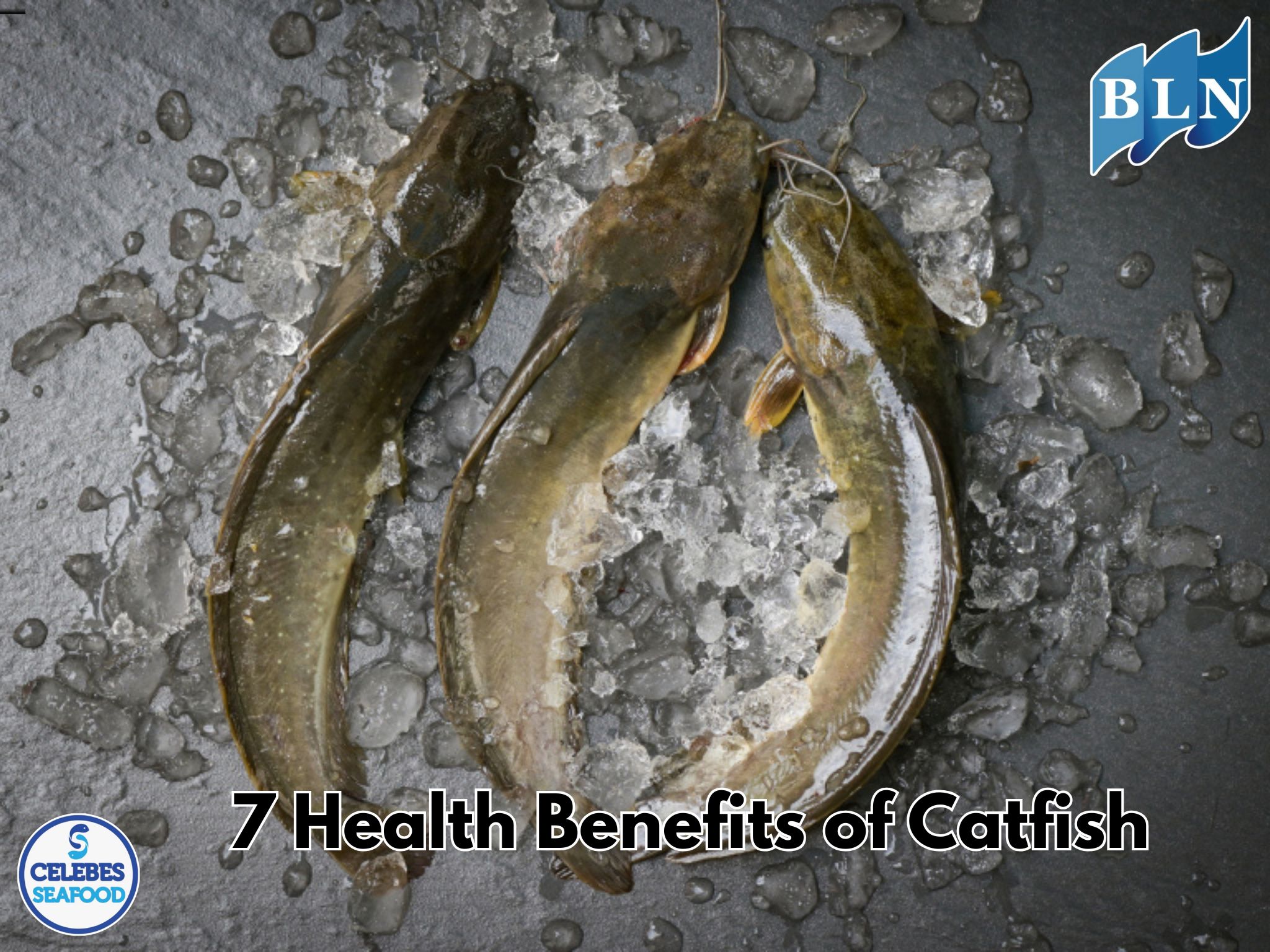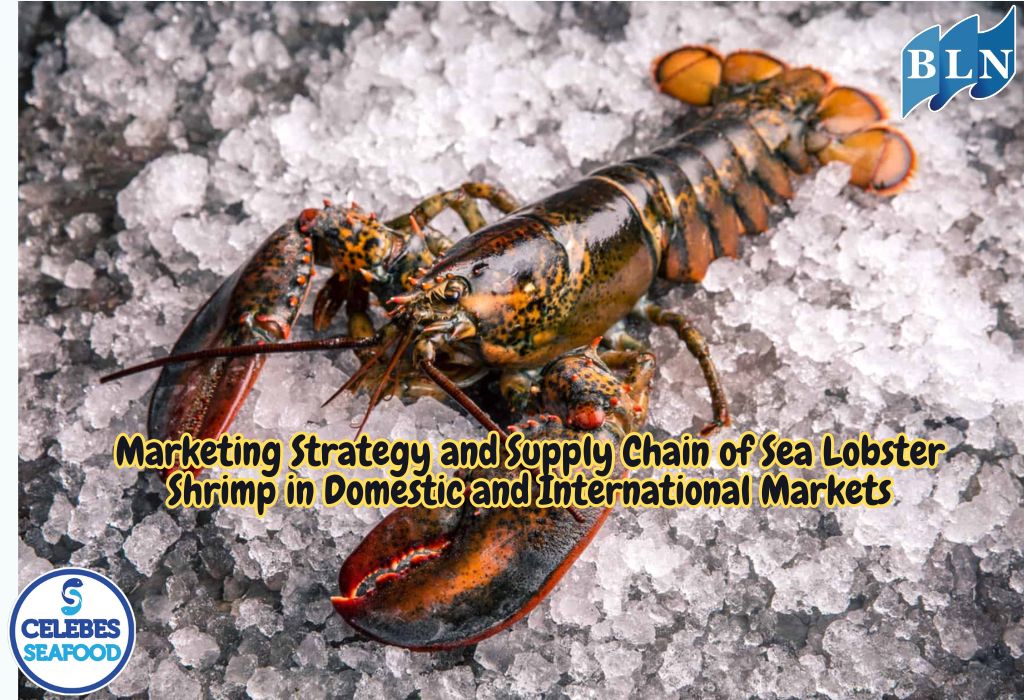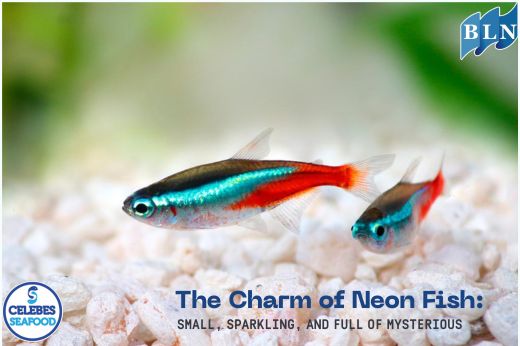Parasites of the Goldband Snapper: A Survey of Helminths and Copepods
By. Amma - 04 Aug 2025.jpg)
lautnusantara.com Helminths (worms) and copepods are common parasites that can infect many types of marine fish, including the goldband snapper. These parasites can have significant impacts on fish health, growth, and survival, and are of particular interest to fisheries managers and aquaculturists.
While a specific, comprehensive survey of parasites exclusively on goldband snapper (Pristipomoides multidens) may be difficult to find, studies on other snapper species (Lutjanidae) and deep-water fish in general provide valuable insights. Research has shown that snapper species are susceptible to a range of parasitic infections, which can be influenced by factors such as:
-
Host feeding habits: Many parasites are transmitted through the food chain, so the diet of the goldband snapper, which consists of other fish and crustaceans, can determine the types of parasites they acquire.
-
Water quality and environment: High fish density, as found in some habitats or aquaculture settings, can increase the risk of parasitic infections.
-
Geographic location: The species and prevalence of parasites can vary significantly depending on the specific region and its unique ecosystem.
Common Parasitic Groups
Based on research on similar fish, a survey of goldband snapper parasites would likely include:
-
Helminths: This diverse group of worms includes:
-
Monogeneans: Ectoparasites that attach to the skin and gills. These can cause significant damage and respiratory problems, especially at high infection levels.
-
Digeneans (Trematodes): These often have complex life cycles involving multiple hosts. Snapper can become infected by consuming intermediate hosts like crustaceans or other fish.
-
Nematodes (Roundworms): Many of these are found in the gastrointestinal tract and can be transmitted through the prey of the goldband snapper.
-
Cestodes (Tapeworms): Larval stages of these parasites are often found in the internal organs and muscles of fish, and are also transmitted through the food chain.
-
- Copepods: These are small crustaceans that attach to the gills, skin, or fins of fish. They can cause tissue damage, inflammation, and secondary bacterial infections. Some of the most studied parasitic copepods belong to families like the Caligidae (sea lice).
Implications for Fisheries and Aquaculture
Understanding the parasitic fauna of goldband snapper is crucial for several reasons:
-
Fisheries management: High parasite loads can affect the overall health and population size of wild fish stocks.
-
Aquaculture: If goldband snapper were to be farmed, a thorough understanding of their parasites would be essential for preventing disease outbreaks, which can lead to significant economic losses.
-
Food safety: While most fish parasites are not harmful to humans if the fish is properly cooked, some can be a concern if the fish is consumed raw.
If you are interested in our Goldband Snapper Fillet Skin On, Goldband Snapper Fillet Skinless please do not hesitate to contact us through email and/or whatsapp.

.jpg)
.jpg)


 in Coral Reef Ecosystems.jpg)
.jpg)
